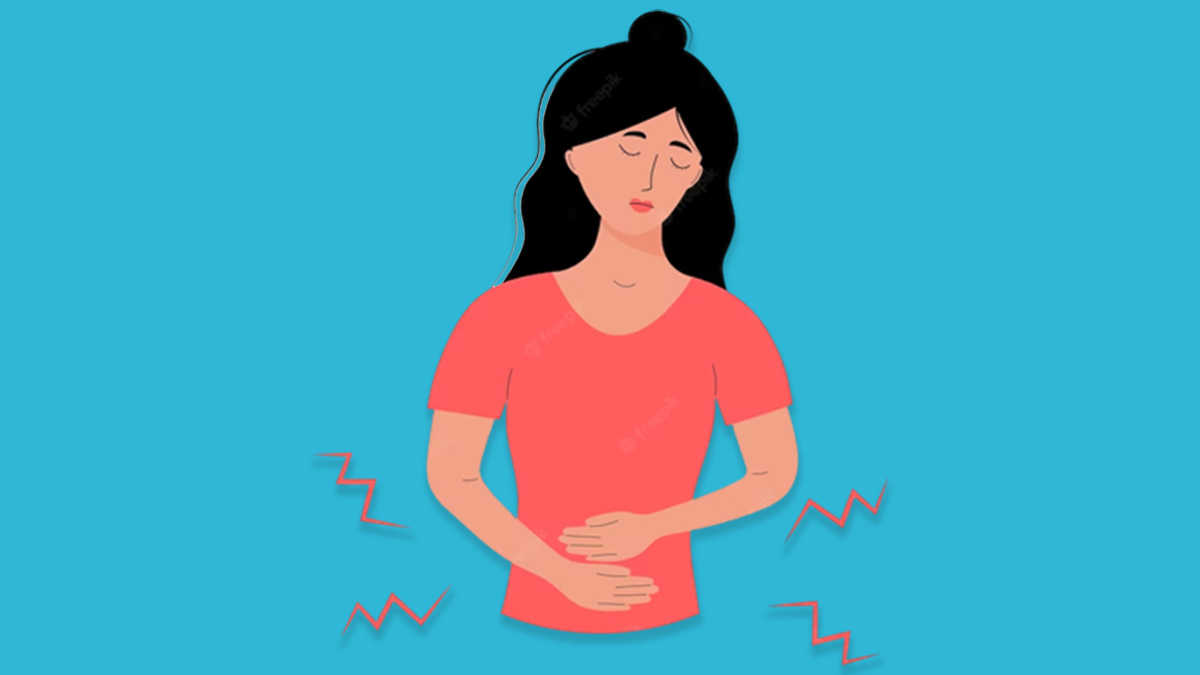
Haemorrhoids, usually called piles, are enlargements of veins in the rectum and anus that can cause pain and irritation. They are frequent in women and can be caused by various circumstances, including pregnancy, bowel straining, and lifting heavy objects. The developing uterus puts pressure on the rectal veins during pregnancy, which might cause veins to enlarge.
Table of Content:-
Constipation and straining to have a bowel movement can also cause haemorrhoids. Women who lift heavy objects, such as weights in the gym, and those who sit for long periods are also at higher risk. Itching, burning, and pain in the affected area are some symptoms. Bleeding may also occur with bowel movements.
In some cases, haemorrhoids can become thrombosed, meaning they swell with blood and can cause significant pain.
In an interaction with OnlyMyHealth, Dr Ganesh Chaudhary from Manigachhi, Bihar, explained some treatments.
Treatment Options For Haemorrhoids
Amaltas
Amaltas (Cassia fistula) can be beneficial in treating haemorrhoids due to its laxative, anti-inflammatory, and analgesic properties. It can be used in the form of a powder or decoction. A powder prepared from the bark of Amaltas can be applied to the affected area to reduce inflammation and swelling. The decoction can be consumed orally, which can help you to reduce the pain and discomfort. Additionally, the laxative properties of Amaltas may relieve constipation, which is the common cause of haemorrhoids or piles.

Also read: Expert Explains Benefits Of Foot Massage As Per Ayurveda
Haritaki
Haritaki can be used for reducing inflammation and discomfort. The anti-inflammatory and astringent properties of haritaki can reduce swelling and irritation. It can also help to minimise bleeding and shrink the size of the haemorrhoid. Additionally, it can help to strengthen the walls of the anal sphincter, which can help to reduce the risk of further haemorrhoids.
Aloe Vera
When applied externally to the affected area, aloe vera gel can reduce the inflammation, itching and burning sensation. Aloe vera juice, when taken internally, helps promote regular bowel movements and relieve constipation. Additionally, it repairs damaged tissue, improves blood circulation, and reduces the pain and discomfort associated with haemorrhoids.

Coconut Oil
Coconut oil has been known to help soothe the symptoms of haemorrhoids. It can be applied topically to the affected area. It can also help lower the chances of infection. The antibacterial and antifungal properties of coconut oil may reduce any disease risk. It keeps the skin moisturised, which can help to ease irritation.

Varachurna
Varachurna is a traditional Ayurvedic medicine used to treat haemorrhoids. It is made from a combination of herbs that have anti-inflammatory, astringent and anti-bacterial properties. The herbs help to reduce swelling and inflammation, reduce pain and discomfort, and help the body to heal. Varachurna has also been found to help prevent the recurrence of haemorrhoids.
Also read: 4 Useful Herbs For Healthy Weight Gain, As Per Ayurveda Expert
Psyllium Husk Or Isabgol
Because of the high fibre content, psyllium husk can prevent the formation of haemorrhoids but cannot cure them once they have formed. According to Dr Chaudhary, it is essential to note that psyllium husk may also cause problems such as excessive bleeding rather than healing haemorrhoids. So, it becomes crucial to seek advice from an expert on how much to use.
Image credit- FreePik
Also watch this video
How we keep this article up to date:
We work with experts and keep a close eye on the latest in health and wellness. Whenever there is a new research or helpful information, we update our articles with accurate and useful advice.
Current Version